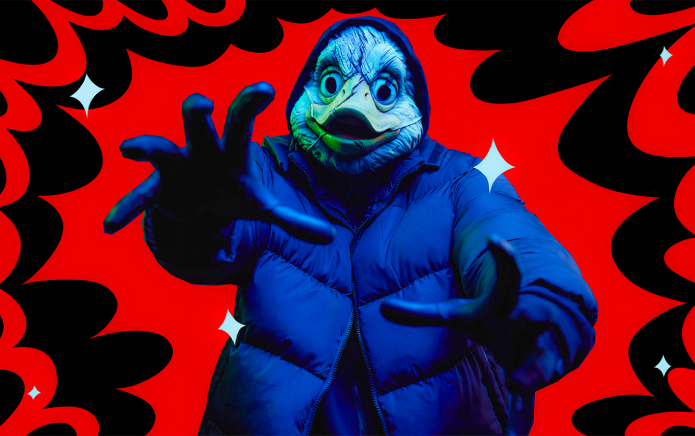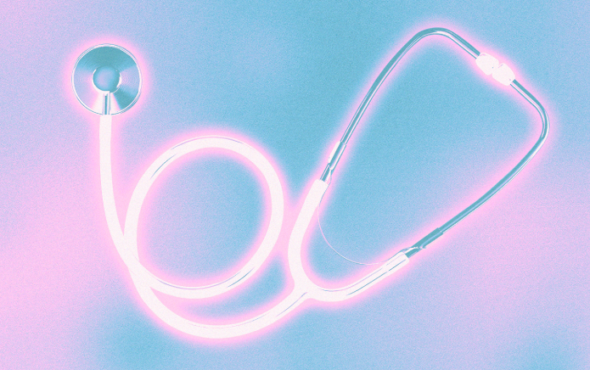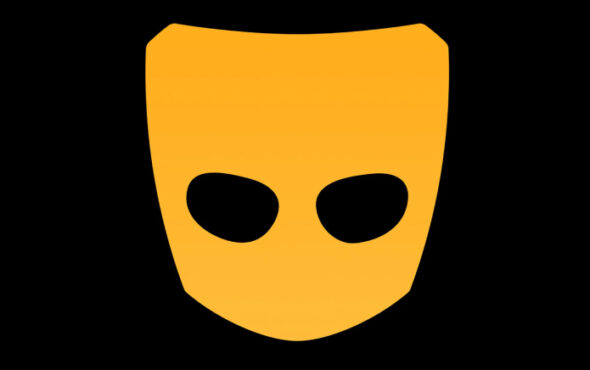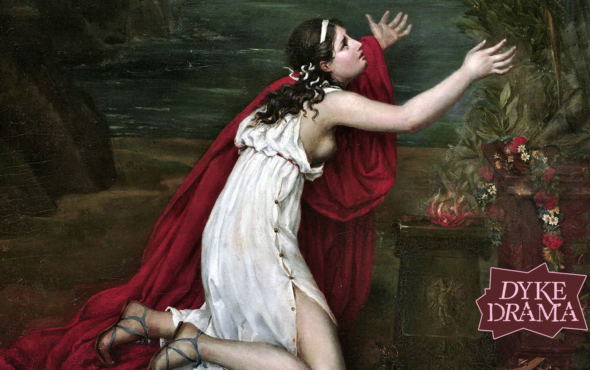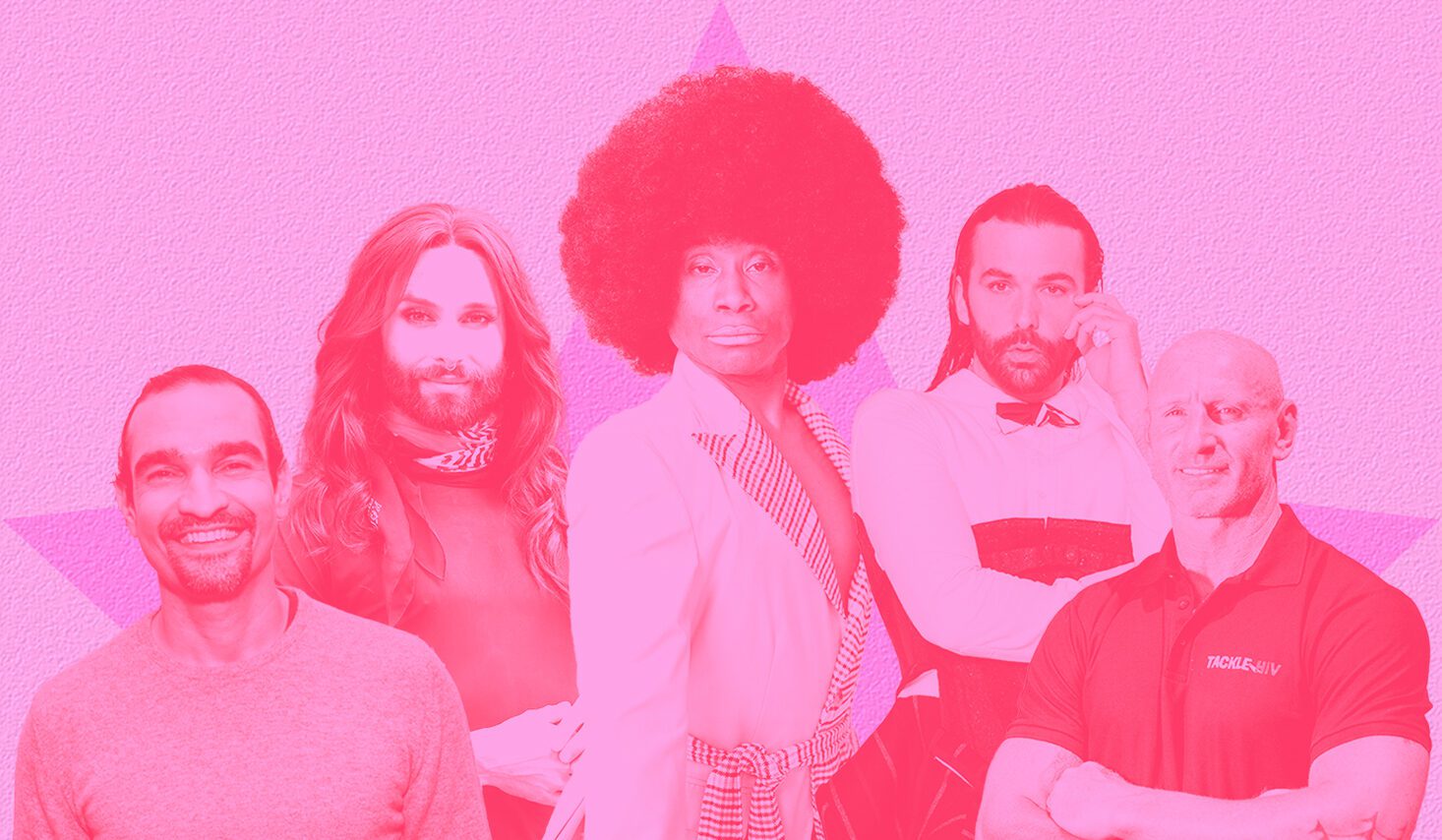
Thanks to revolutionary advances in science and medicine, HIV is now a manageable chronic condition and those who are on effective treatment have an undetectable viral load, meaning they – and this needs to be screamed from the rooftops – cannot pass the virus on. Although HIV remains one of the most stigmatised health conditions, due to a lack of education (of course), those who publicly come forth with their status no longer face ostracisation – such as the late LGBTQ+ entertainers Rock Hudson, Liberace and Freddie Mercury. Here, we celebrate the celebrities who are currently living with HIV and using their platform to shatter misconceptions slash debunk harmful myths about the condition.
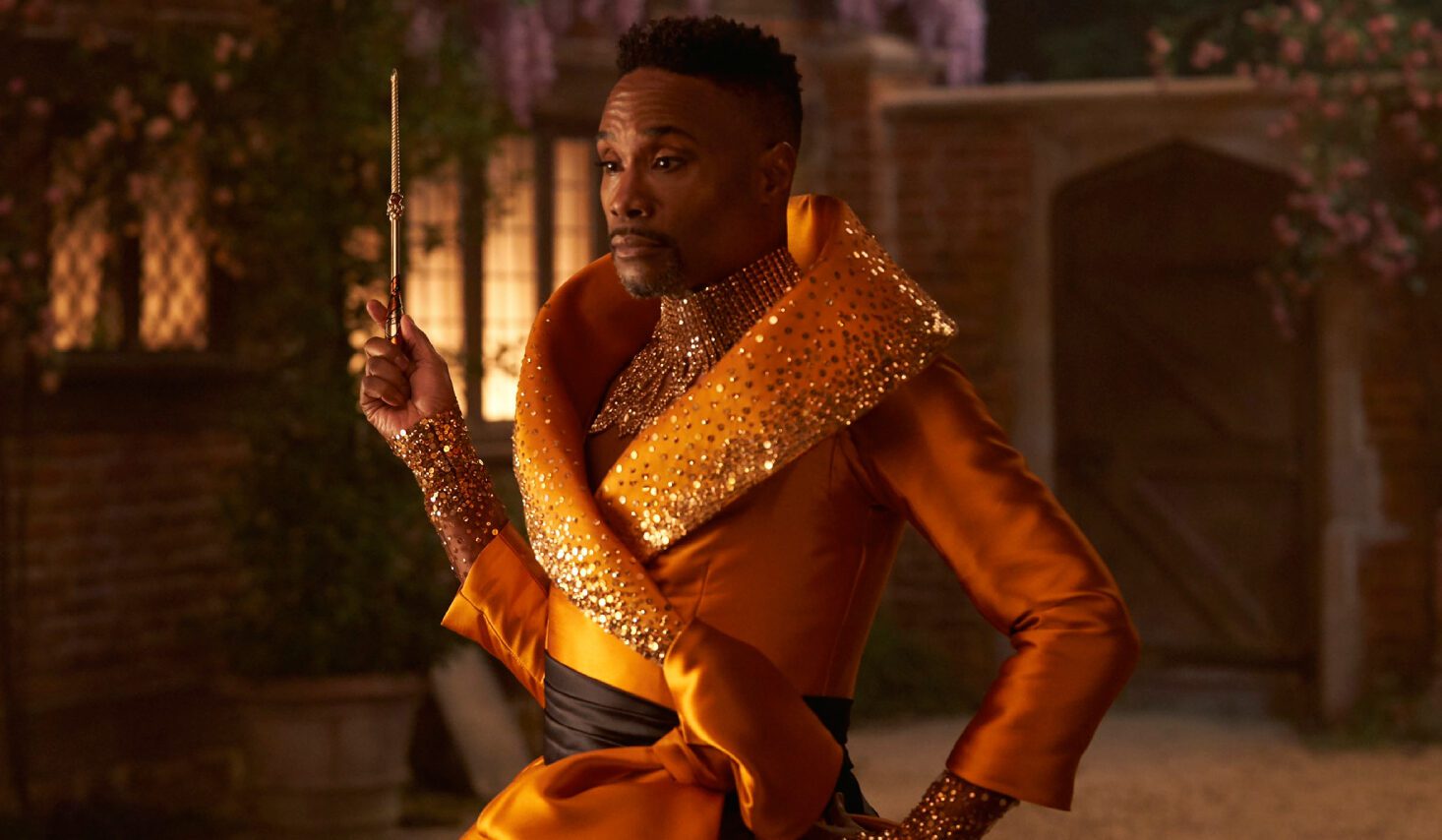
Billy Porter
Billy Porter was diagnosed with HIV in June 2007, just a few months after being diagnosed with Type 2 diabetes. In 2021, the Emmy Award-winning entertainer opened up about his status for the first time in a powerful essay for The Hollywood Reporter. Assisted by Pose creator Ryan Murphy for support, Porter said the “shame of that time” compounded with the shame that had already accumulated in his life silenced him from speaking out. The star has been in therapy since the age of 25, but recently started trauma therapy to confront the sexual abuse he suffered at the hands of his stepfather – “from the time I was 7 to the time I was 12” – and coming out at 16 in the middle of the AIDS crisis. Porter’s role as Lola in Kinky Boots, for which he won a Tony Award, allowed him to “forgive” his stepfather as the narrative mirrored his own life experiences. On Pose, he was able to convey the trauma of his diagnosis through his HIV-positive character Pray Tell. Now, Porter refuses to live in fear about how he or his diagnosis will be perceived by the entertainment industry. “I don’t care what anyone has to say,” he said. “You’re either with me or simply move out of the way.”
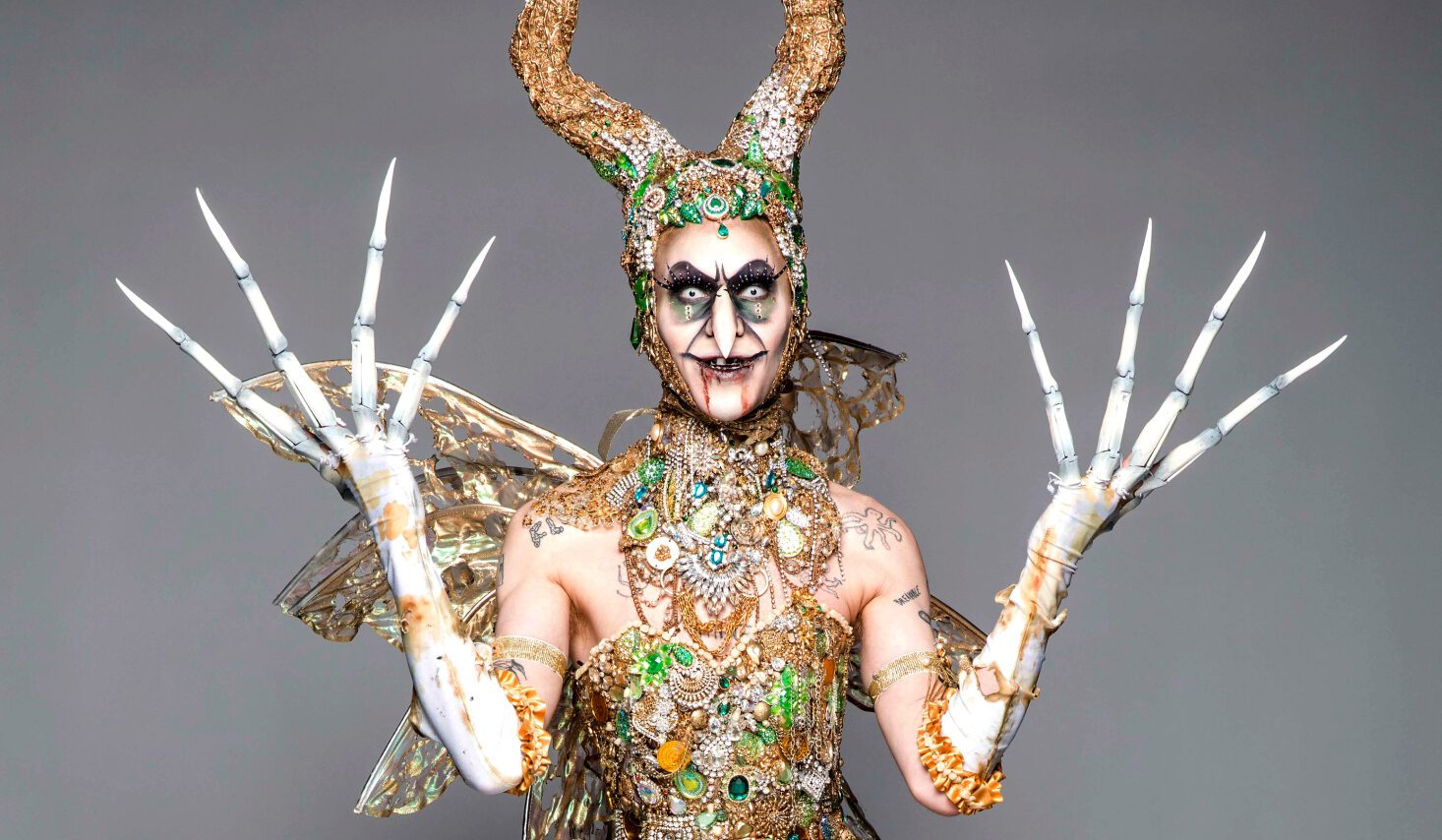
Charity Kase
After speaking openly about living with the virus on season three of Drag Race UK, Charity Kase has continued to use her platform to raise awareness and tackle the stigma around HIV. For World AIDS Day 2021, the star fundraised for the National AIDS Trust to change how HIV is portrayed in the UK and to boost “positive representation in the UK media”. With a £200 target that was quickly reached thanks to donations from her followers, Charity used the post to praise the UK government’s pledge to end new HIV cases by 2030. She also told GAY TIMES: “I like to use the voice that I have to speak up on issues that I think are important and so I did that for HIV as it’s something that I know very well as it’s my experience.”
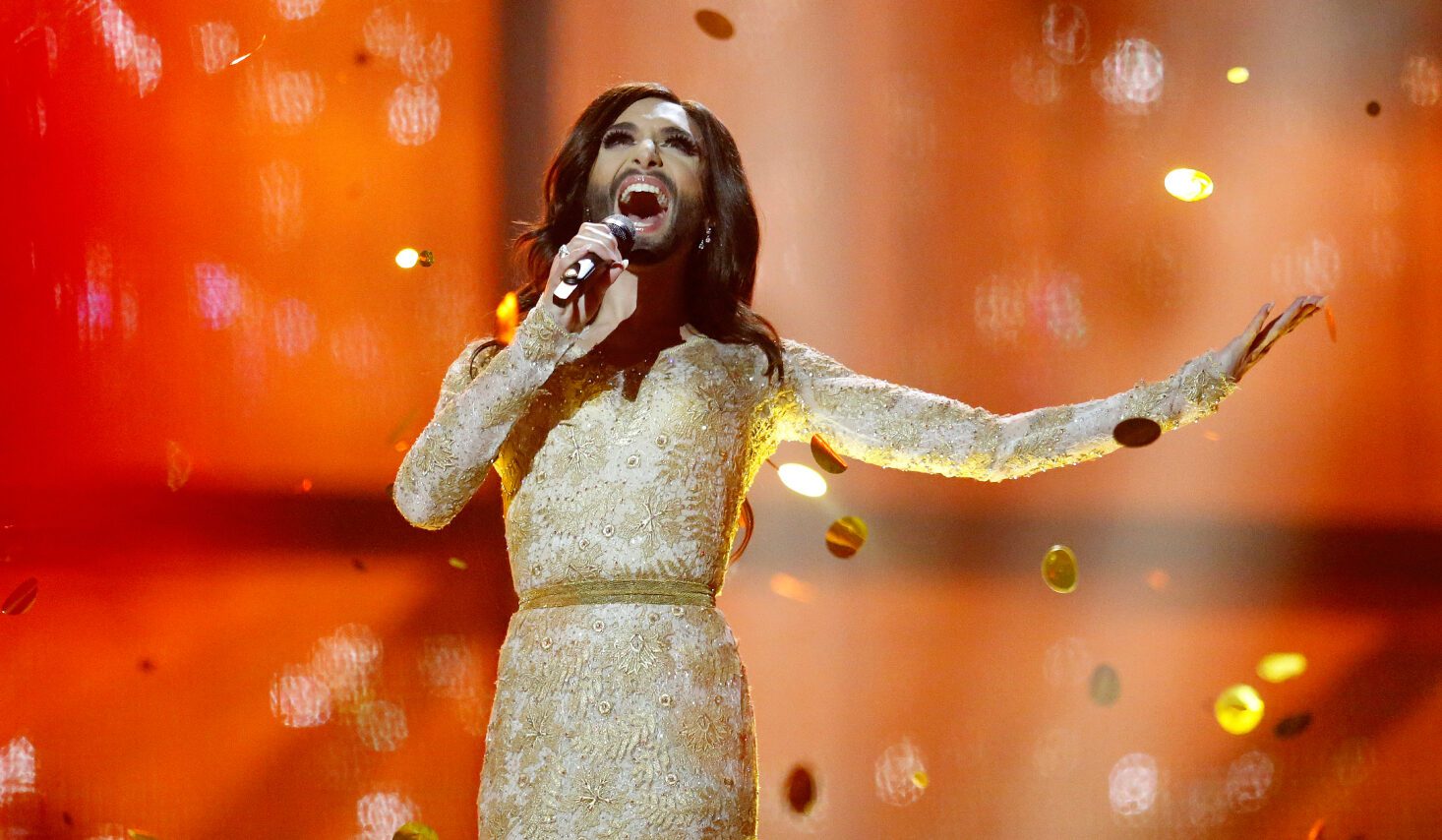
Conchita Wurst
Conchita Wurst disclosed her status in 2018 after her former boyfriend threatened to expose her in the press. In a touching Instagram post, the performer said she has been “HIV-positive for many years” and “will not give anyone the right to frighten me or affect my life”. Wurst – who rose to fame in 2014 after winning the Eurovision Song Contest – told fans that she has received treatment for many years, and is “below the detection limit”, meaning she – again, let’s scream this from the rooftops – cannot transmit the virus to another person. “I hope to build up courage and take another step against the stigmatization of people who have become infected by HIV, either through their own behavior or through no fault of their own,” she added. “To my fans: the information about my HIV status may be new to you – my status is not! I’m well and well, and I’m stronger, more motivated and liberated than ever. Thank you for your support!”

Danny Pintauro
Best known for his eight-year role as Jonathan Bower on Who’s The Boss?, Danny Pintauro shared that he was HIV-positive during a 2015 episode of Oprah: Where Are They Now. During the interview, which was hailed as groundbreaking by mainstream media and LGBTQ+ outlets, the actor revealed that he was addicted to methamphetamine at the time of his 2003 diagnosis. “Crystal meth takes away your inhibitions… And if you want to explore that adventurous side, taking the drug is going to put you there,” he said. “I was experimenting. And believe it or not, I thought that I was being safe in that encounter. I know exactly when it happened.” In a later conversation with People, Pintauro said it was difficult for him to walk down the street without being recognised for his iconic role on Who’s The Boss?, “then it was, ‘He was on Who’s the Boss? and he’s gay.’ Now, it was going to be, ‘He was on Who’s the Boss?, he’s gay, and he’s another one of those HIV-positive guys.'” Although he admitted it was “terrifying,” Pintauro said he’s much happier now as a “person with no secrets”.
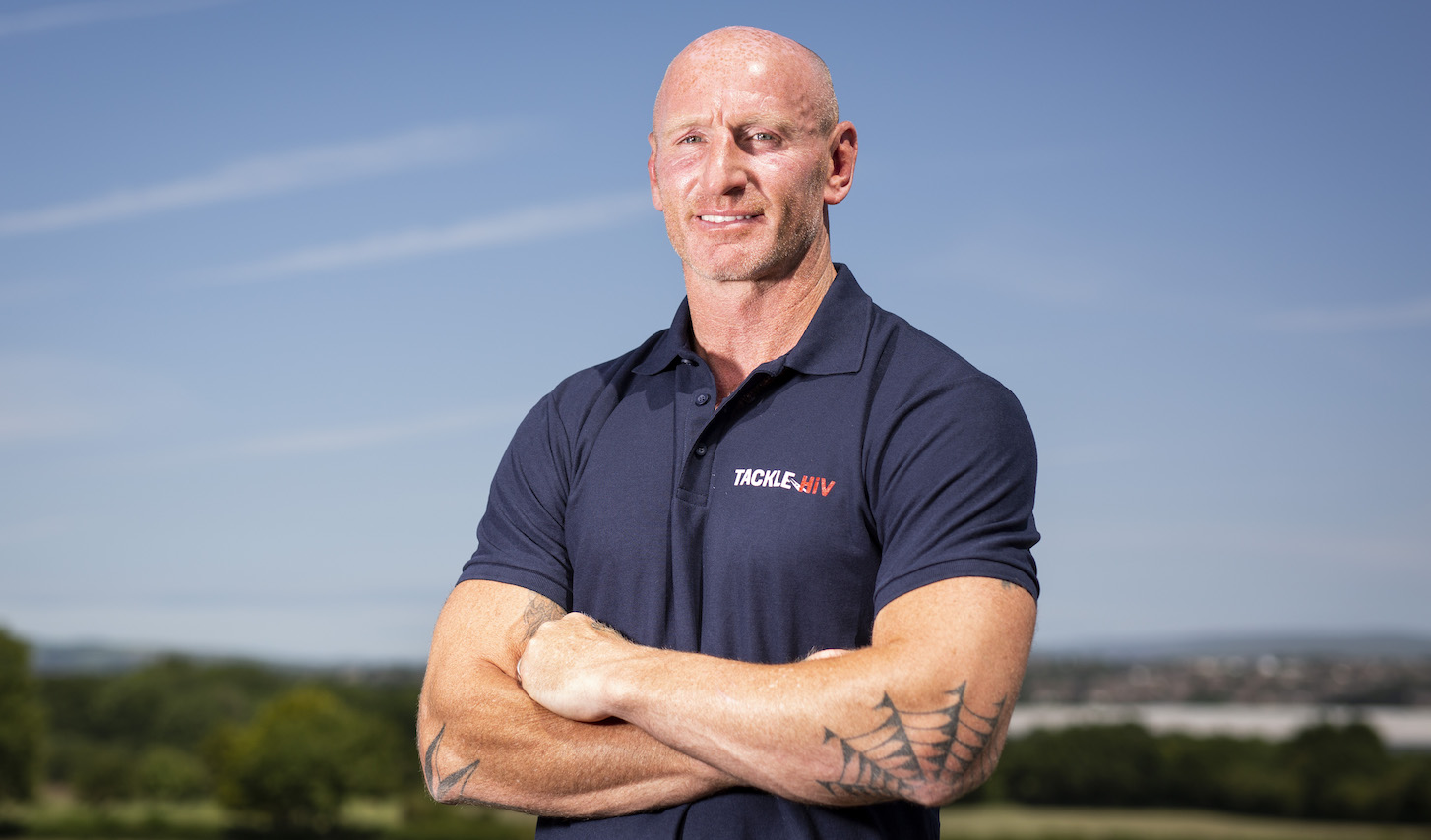
Gareth Thomas
Following his public admission of living with HIV in September 2019, Gareth Thomas has fervently used his platform to challenge stigma. Gareth later starred in a BBC Documentary, HIV and Me, which saw the former professional rugby player reveal how his status affected his mental health – and led to him contemplating suicide. Since opening up about his diagnosis, Gareth has become one of the most prominent HIV activists in the UK. In 2020, he collaborated with ViiV Healthcare and the Terrence Higgins Trust to launch the Tackle HIV campaign, a brand new initiative aimed at improving levels of public understanding of HIV. At the time, he told GAY TIMES: “People are really wary of those living with HIV, being in the same room and having a relationship with somebody with HIV. If it was any other form of illness that’s become advanced in medicine, then it’d be celebrated.”
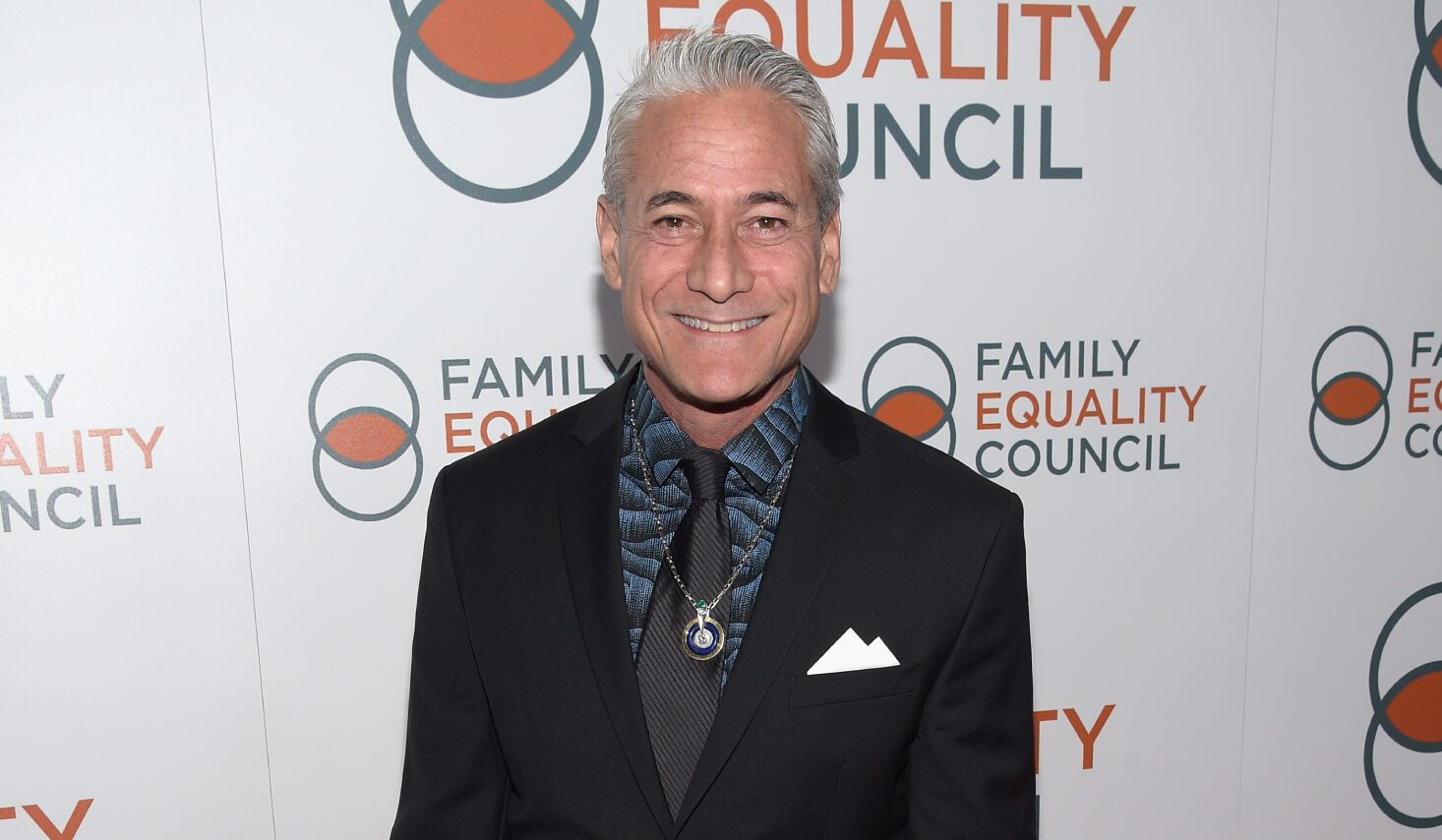
Greg Louganis
Greg Louganis memorably became the first man – and second diver overall – to win back-to-back Olympic gold medals in both the springboard and platform diving events. Often hailed as one of the greatest divers in history, Louganis was diagnosed as HIV-positive six months before competing at the 1988 Seoul Olympics, where he cracked his head on a reserve dive and became “paralysed with fear” when he bled in the pool. Although it posed no risk to others as “chlorine kills HIV”, according to the U.S. Centers for Disease Control and Prevention, Louganis was criticised when he went public with his status in 1995 due to the lack of education around how HIV is transmitted. “I had every expectation that if I went public with the fact that I’m gay, no one would want to hire me and I’d lose my house,” he said at a press conference. Louganis soon retired after Seoul, and has become known for his HIV advocacy.

Javier Muñoz
Broadway star Javier Muñoz, who notably starred as Usnavi de la Vega in the 2008 musical In the Heights and as Alexander Hamilton in the 2015 musical Hamilton, has lived with HIV since 2002. Speaking with Plus in 2016, Muñoz said he wanted to “kick the shit” out of HIV stigma and “knock it on its fucking teeth,” adding: “I’m tired of its existence. It has no place in 2016, going forward from this day on. Period.” Recently, the acclaimed performer spoke to People about his concerns as a HIV-positive cancer survivor in the COVID pandemic, and “possible exposure” due his “immunocompromised” status. “It‘s not an exaggeration; anyone who is immunocompromised, living through this pandemic, had to be the most careful in every single way. It really is about being so careful,” Muñoz stated. “And it’s why it‘s so important to care about masking [and] taking care of yourself because you don’t know who‘s around you. And what they are living with. Not every illness is seen.”
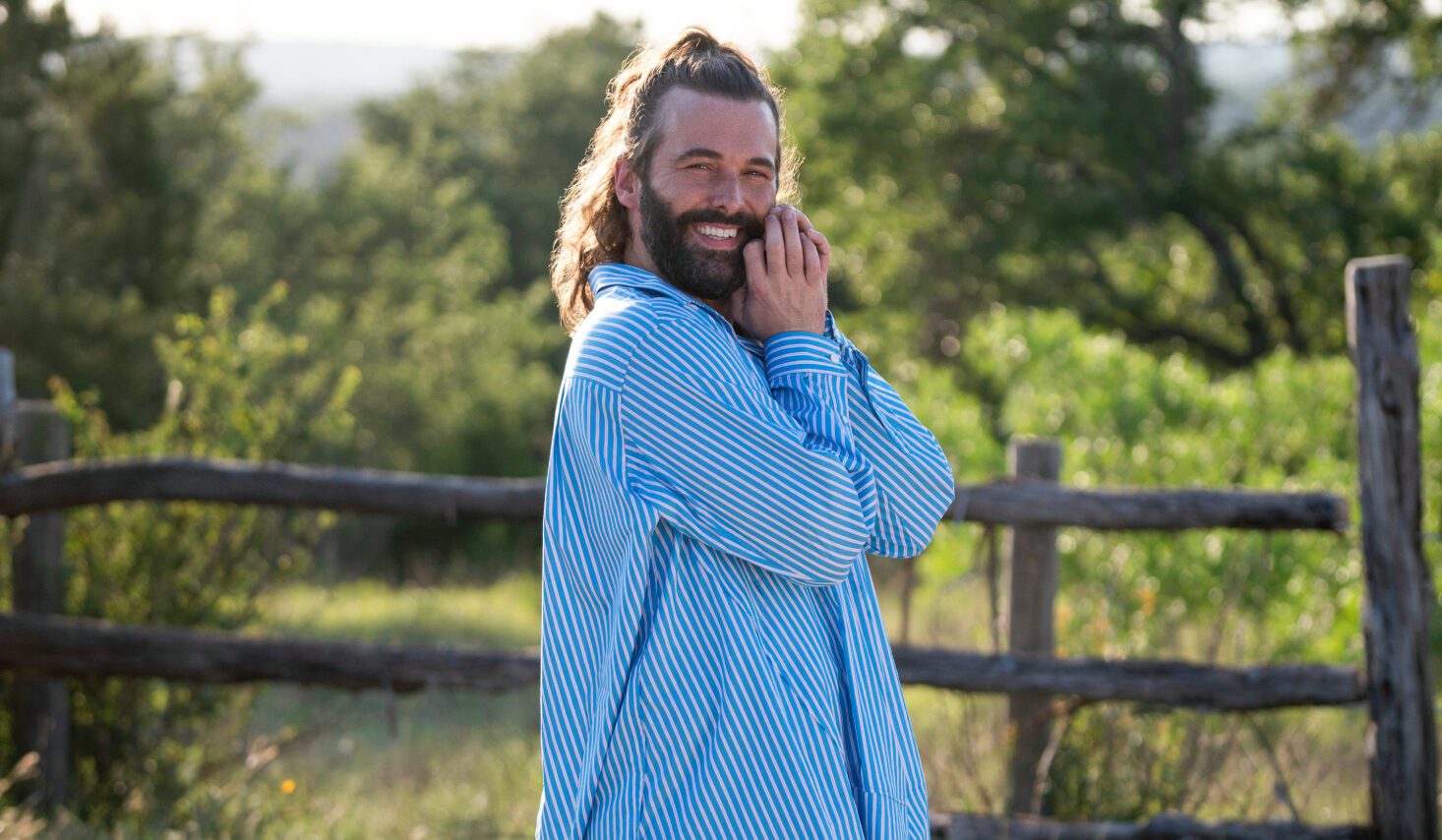
Jonathan Van Ness
In 2019, Queer Eye’s beloved hair expert called himself a proud “member of the beautiful H.I.V.-positive community” in a heartfelt interview. Speaking with The New York Times, Jonathan revealed that he was introduced to methamphetamine after moving to Los Angeles, which made his addiction to sex and drugs worsen. Following an incident at work, in which they fainted, Jonathan tested positive for HIV. “That day was just as devastating as you would think it would be,” they told the publication. “When ‘Queer Eye’ came out, it was really difficult because I was like, ‘Do I want to talk about my status?’ And then I was like, ‘The Trump administration has done everything they can do to have the stigmatization of the L.G.B.T. community thrive around me.’ I do feel the need to talk about this.” Jonathan added: “These are all difficult subjects to talk about on a makeover show about hair and makeup. That doesn’t mean ‘Queer Eye’ is less valid, but I want people to realize you’re never too broken to be fixed.” The star went into further detail about their experience with HIV in their memoir, Over the Top.
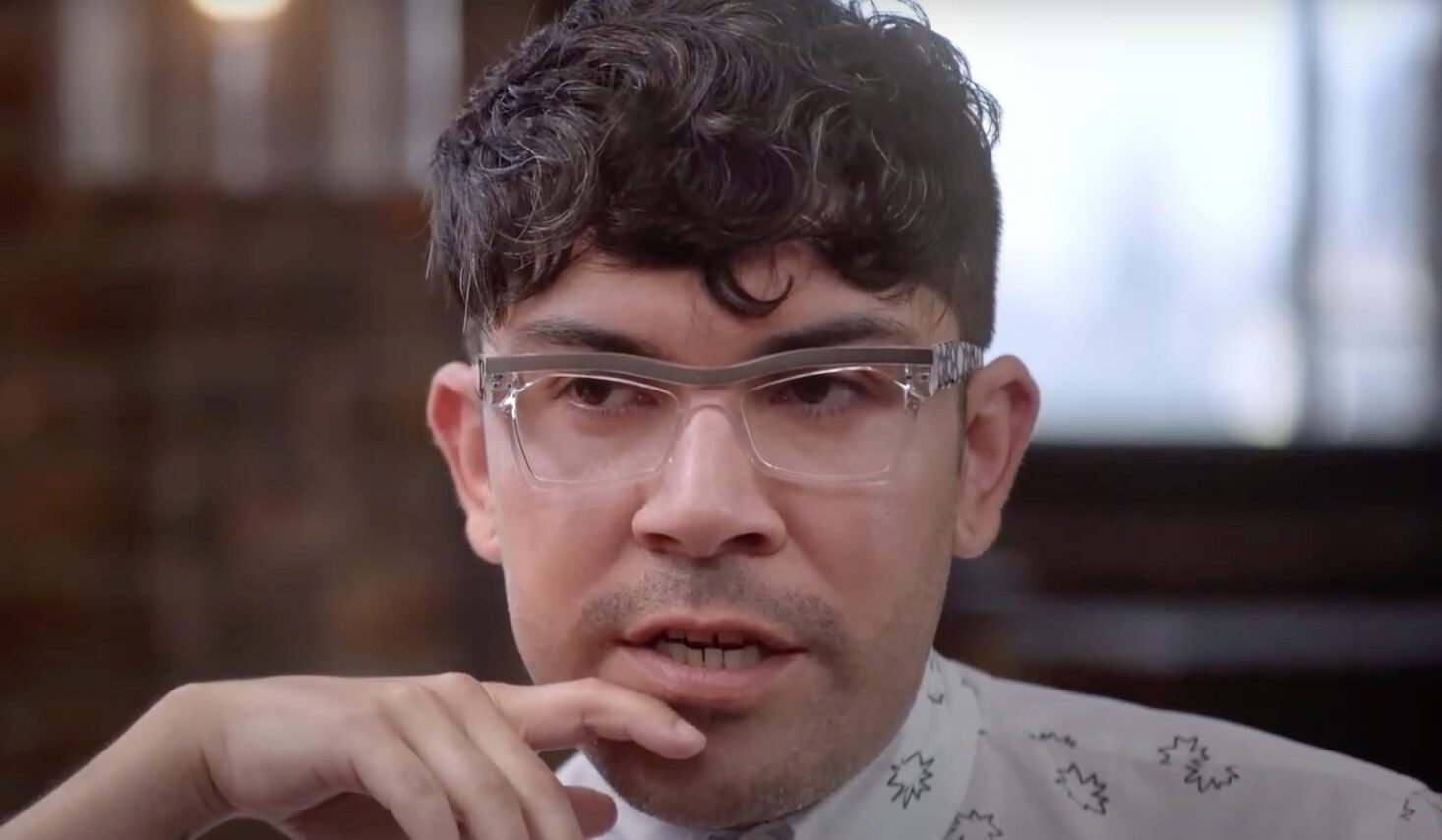
Mondo Guerra
During his stint on the eighth season of Project Runway, where he placed runner-up, Mondo Guerra told the judging panel that he was HIV-positive, and had kept it a secret for over 10 years. The fashion designer, who was diagnosed in 2002, later spoke with mentor Tim Gunn about his status “off camera”, where he praised Guerra for being so open. “He sat next to me and encouraged me and congratulated me for being able to talk about it,” Guerra told Plus. “He shared his own personal stories of being affected by HIV and moving to New York in the ’80s when it was so prominent and scary. It was really wonderful to feel that Tim felt comfortable enough to share a little bit of himself.” Guerra later returned to Project Runway for the first season of All Stars, which he won.
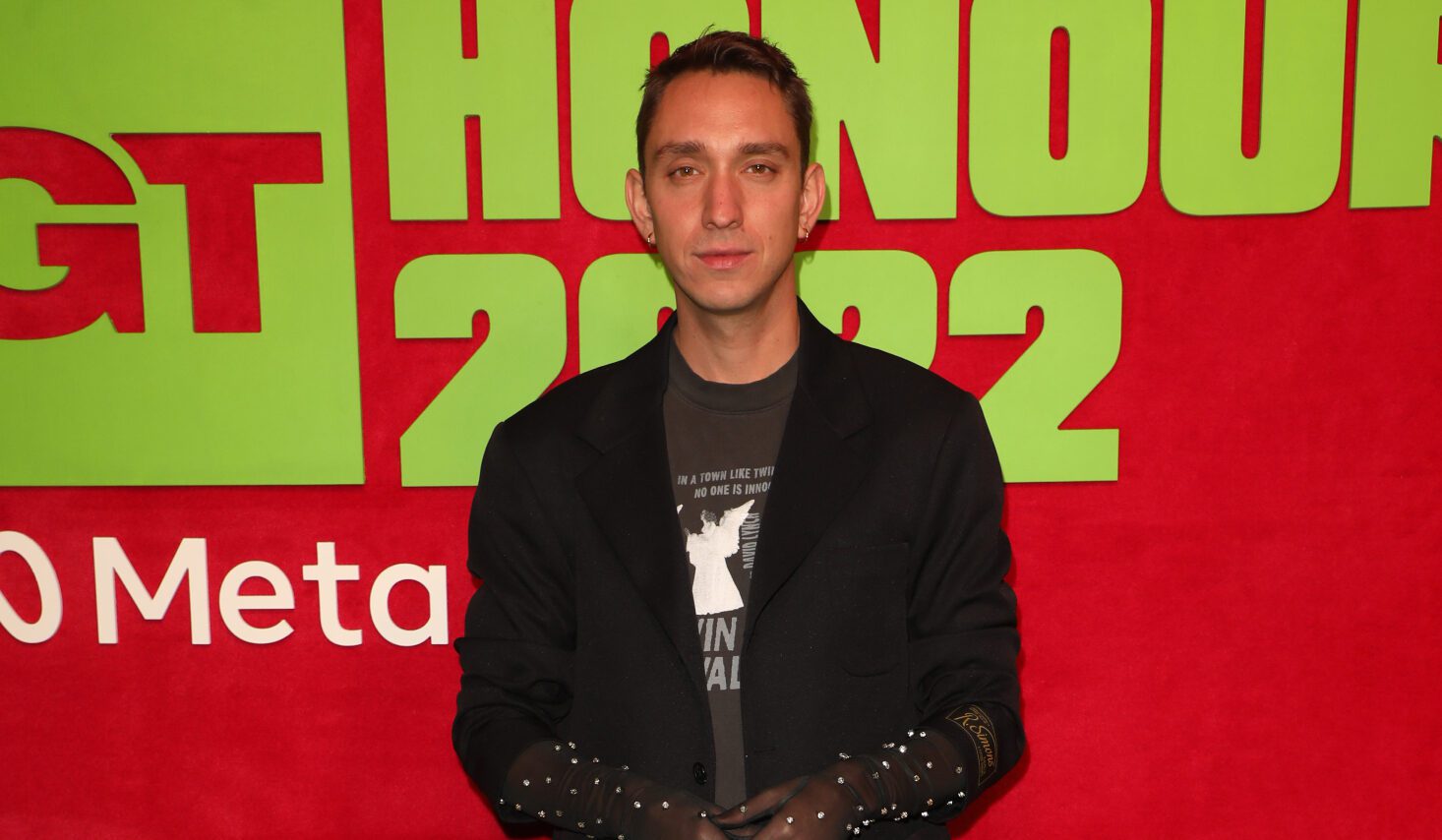
Oliver Sim
Oliver Sim’s debut solo album, Hideous Bastard, as well as its accompanying short horror film, explore “shame and fear” surrounding his queerness and HIV status while taking fans on an adventure filled with “fantasy and humour”. The musician, best known as the guitarist and vocalist of British electronic band the xx, publicly came out as HIV positive on social media as he reflected on the creation of the album and its various subject matters. “I’ve been living with HIV since I was 17 and it’s played with how I’ve felt towards myself, and how I’ve assumed others have felt towards me, from that age and into my adult life,” he wrote, to praise from fans and HIV/AIDS charities. Speaking with GAY TIMES about Hideous Bastard, Oliver said “being able to talk about these things and even being able to mention my HIV, that would’ve been impossible three years ago.”
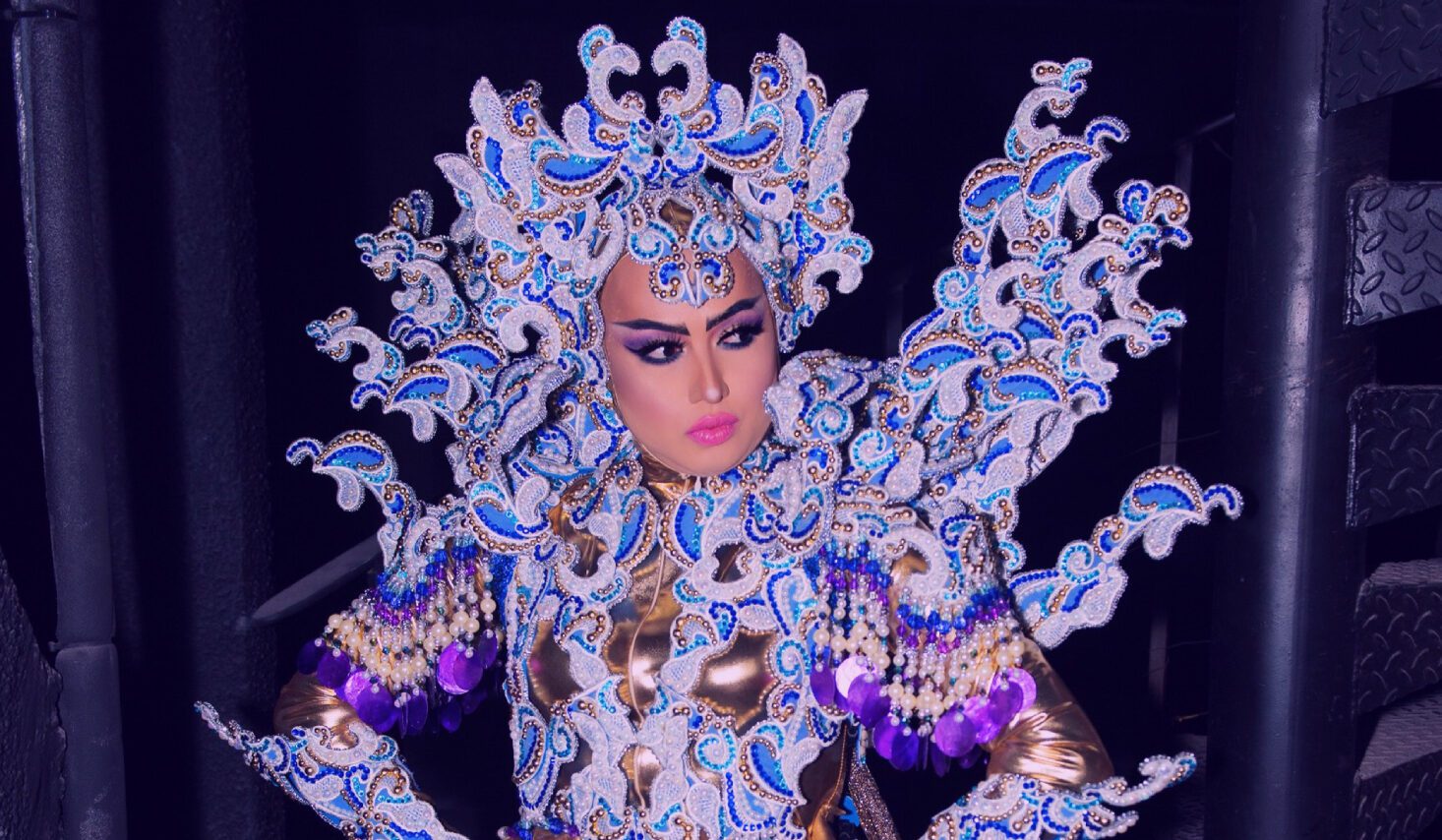
Ongina
Ongina broke boundaries for LGBTQ+ people on the small screen when she bravely came out as HIV-positive to RuPaul and her fellow contestants on the first season of Drag Race; creating a much-needed discussion about attitudes and stigmas towards those living with HIV in the process. In the years since, Ongina hosted HIV and Me, a talk show in which she interviews different individuals on their experiences living with HIV, and became a spokesperson for OraQuick, one of the first at-home HIV testing kits. Speaking with The Body in 2017, Ongina said viewers “found a closer connection to my beyond my persona” after coming out on Drag Race, and “because of this, I’m using it to raise important awareness for HIV, trans rights, equality, and basic human rights.”
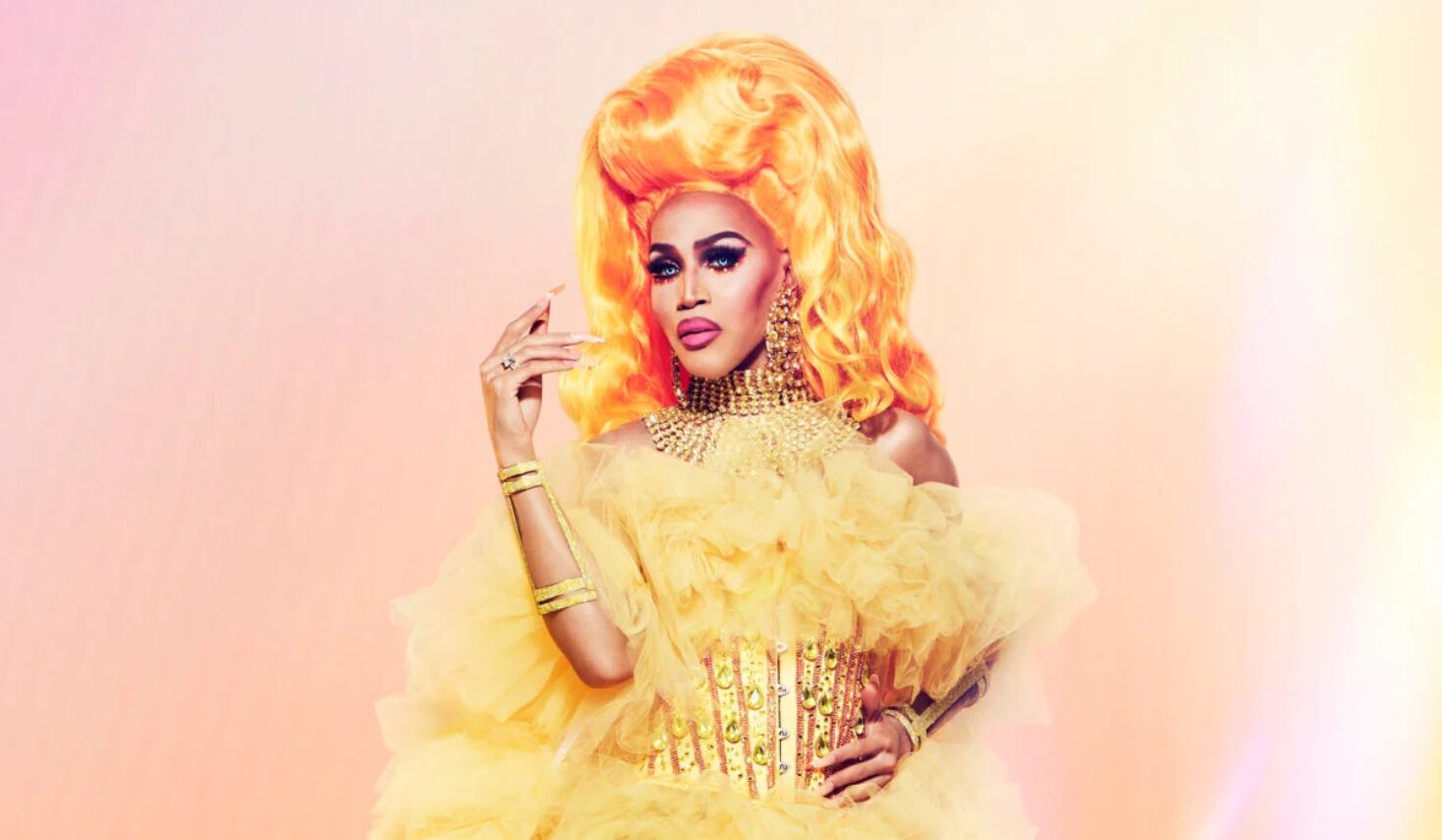
Trinity K. Bonet
Drag Race star Trinity K. Bonet memorably came out as HIV-positive during her run on the reality show’s sixth season, the second queen to do so after Ongina, where she told her fellow contestants: “I was diagnosed in August 2012, and I have so much to live for. I have so many goals and aspirations that I want to conquer in my life, so I’m not going to let an obstacle get in the way. I wanted to come on this show, and I wanted to be that voice for people who are scared to speak out about that.” When she returned for the sixth season of All Stars, she used her platform once again to educate viewers on being HIV-positive in modern day society. “I’m successful, I got my shit together, I’m good in bed. I’m taking care of myself — I’m undetectable which is untransmittable,” said Trinity. “There’s a lot of people out here who are not educated that you can be with someone who is HIV-positive if they are undetectable and not catch the virus.” Since rising to fame on the series, Trinity has become a high-profile HIV/AIDS activist with headline appearances at Rock The Know on World AIDS Day and Slay Stigma – a Canadian tour raising awareness of HIV.
